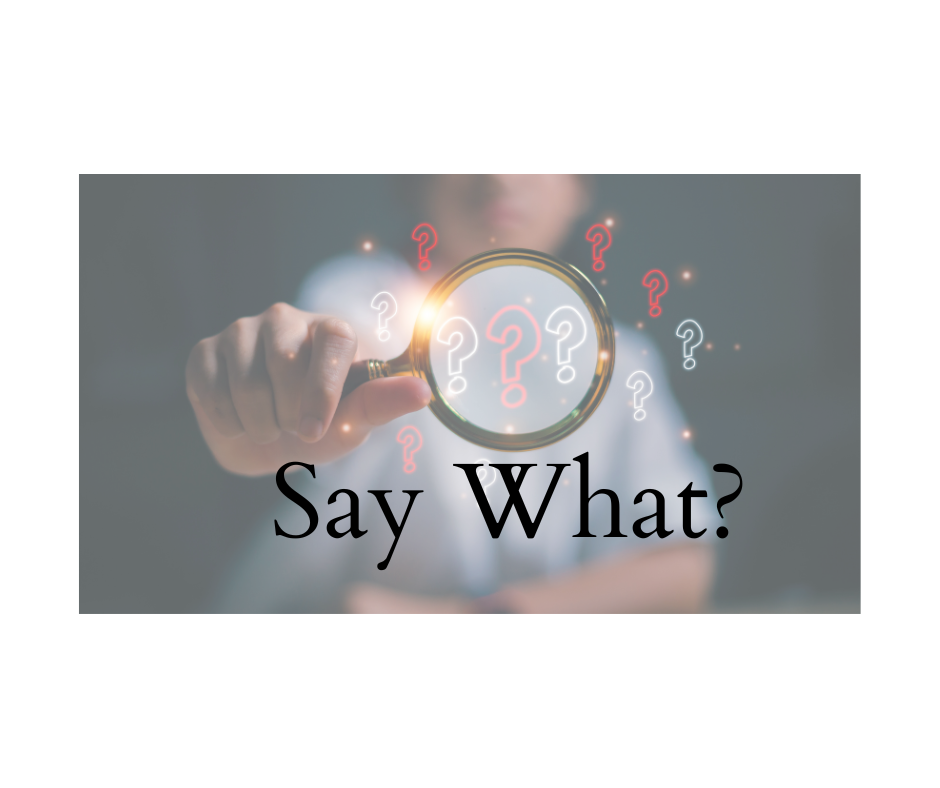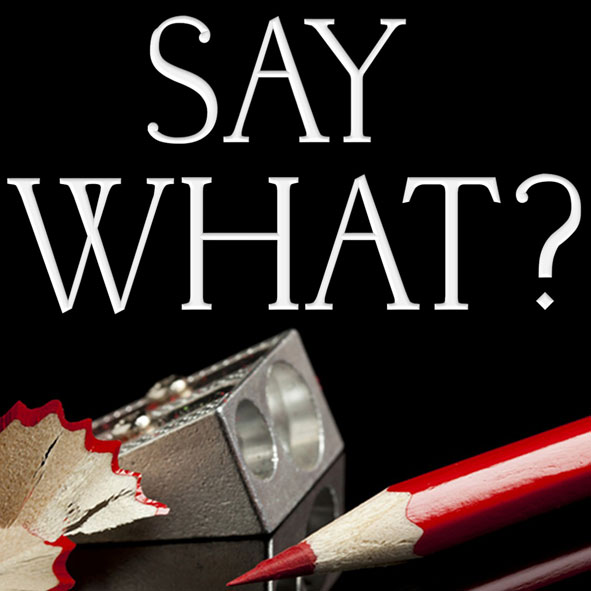Neglect, Ignore, or Disregard This at Your Peril!
English grammar and spelling are confusing, but they pale in comparison to explaining the subtle differences and appropriate usage of some synonyms. For example, thrifty, frugal, and miserly could all be used to describe someone who is careful with their resources. I consider myself thrifty, even frugal when necessary; others may consider me miserly.
It’s often a matter of perspective and relativity when choosing which of several words to use when they carry a similar meaning.
Neglect, ignore, and disregard present a similar conundrum. They all include the concept of not paying attention to someone or something. Merriam-Webster includes “to leave undone or unattended to especially through carelessness.” Neglect is failure to tend to someone or something for which you are responsible. Neglect takes place over a period of time and carries predictable consequences. Neglected neighborhoods fall prey to economic blight; neglected children fail to thrive physically as well as emotionally. On the one occasion I allowed a cat to become a house pet, my daughter neglected the litter box until I threatened to take the cat to the shelter.
In contrast, ignore is generally a one-time incident. If an old flame shows up at a party, you may “refuse to take notice” of him or her (Merriam-Webster). If someone insults you or your work, you may choose to overlook or ignore the remark by not responding or pretending not to have heard it. Neglect would be inappropriate in these instances because these are in-the-moment occurences.
Disregard applies to things, often abstractions, but not people. The word carries the additional meaning of unworthiness. You may disregard something that you don’t feel is worthy of notice—someone’s advice, or overly restrictive neighborhood standards. If you live in a controlled neighborhood, you may find some of the restrictions burdensome, but disregard them at your peril.
Neglect and disregard always carry negative connotations; ignore is not necessarily negative.
I may ignore my children on occasion, but I should never neglect them. And I try not to disregard the things they say to me. They may have something important to teach me.
I hope I’ve taught you something valuable that you won’t want to either ignore or disregard!









Thank you for your post. I find I use my Thesaurus more and more to find just the right word. There may be a dozen or more synonyms for a word, but not all are suitable to what I want to convey. Language can be a fascinating and frustrating thing, and I find I am always learning new ways to communicate it.
I know two people in my life who admitted to reading a dictionary for fun.
I’m not that way.
However, I love to read, often reading a 300-page book in a day (I also speed read… not to be confused with skimming. I don’t skip words).
I was a poor student in grammar school, but because I read Steinbeck, Fast and Verne regularly, my teacher said I was one of her better English students.
In my reading, though, if I see a word used in an unusual way, I’ll get the dictionary out and research it. I consider my use of English an important tool and I want to be able to use it efficiently and powerfully.
I’ll admit to being one of those who reads (or used to read) the dictionary for fun. More often when I was younger, though – first because I had a character in one book who lived with his nose in a dictionary (and tended to talk like one, too), second because my sister and I developed a game when we were eight or nine. You opened the dictionary and stabbed your finger down – whatever word you got you read the meaning of. For two bookworms it certainly became a fun way to pass the time (even if our friends thought we were strange).
Now that I am older, I still carry a couple of dictionaries around with me, although I think I’ll seek out a copy of Merriam-Webster’s Collegiate Dictionary, 11th Edition – I don’t possess that one yet.
The M-W Collegiate 11th is the accepted authority under CMOS, so if you are wanting to edit your books for the US publishing industry, that’s the default dictionary.